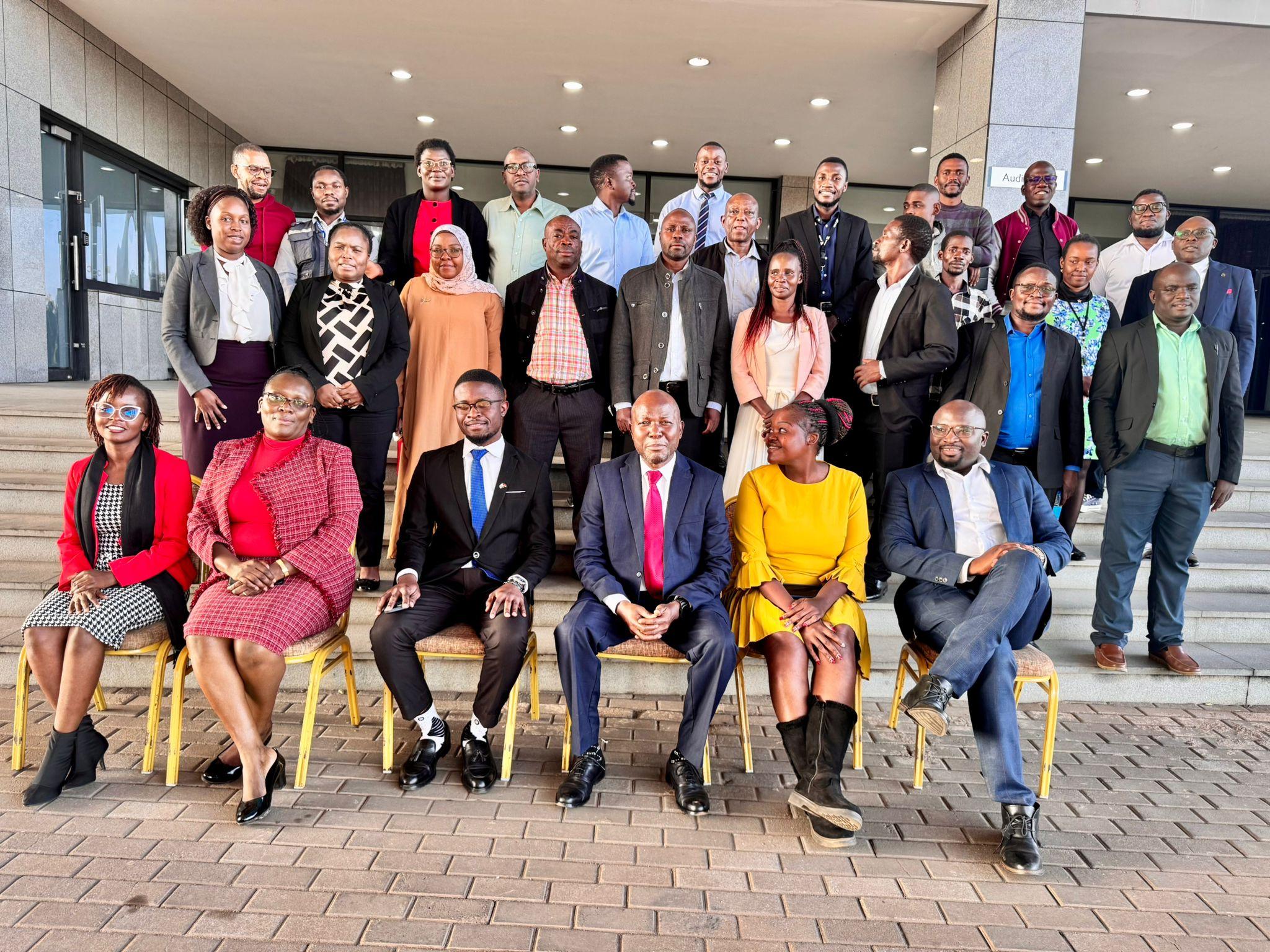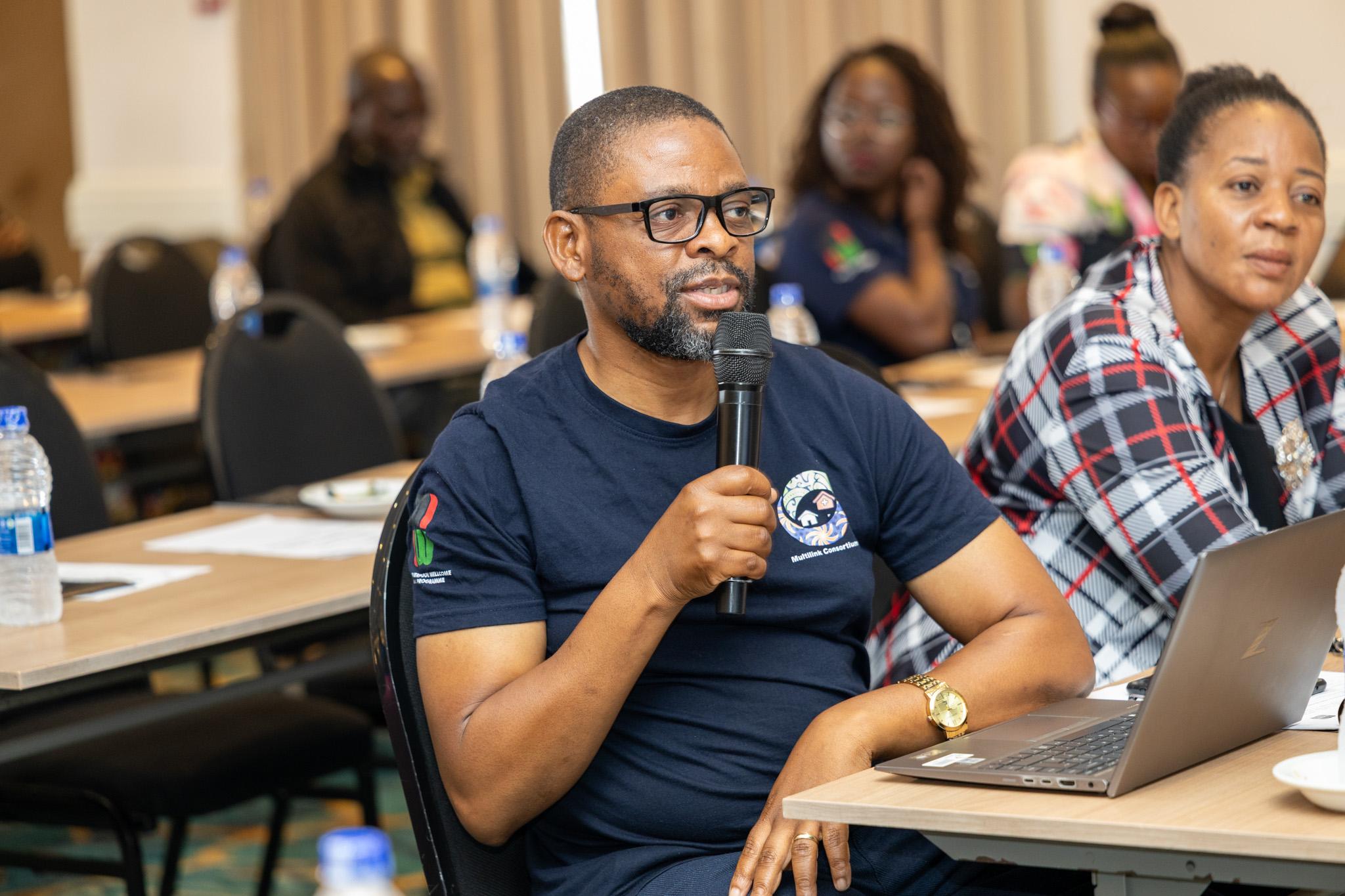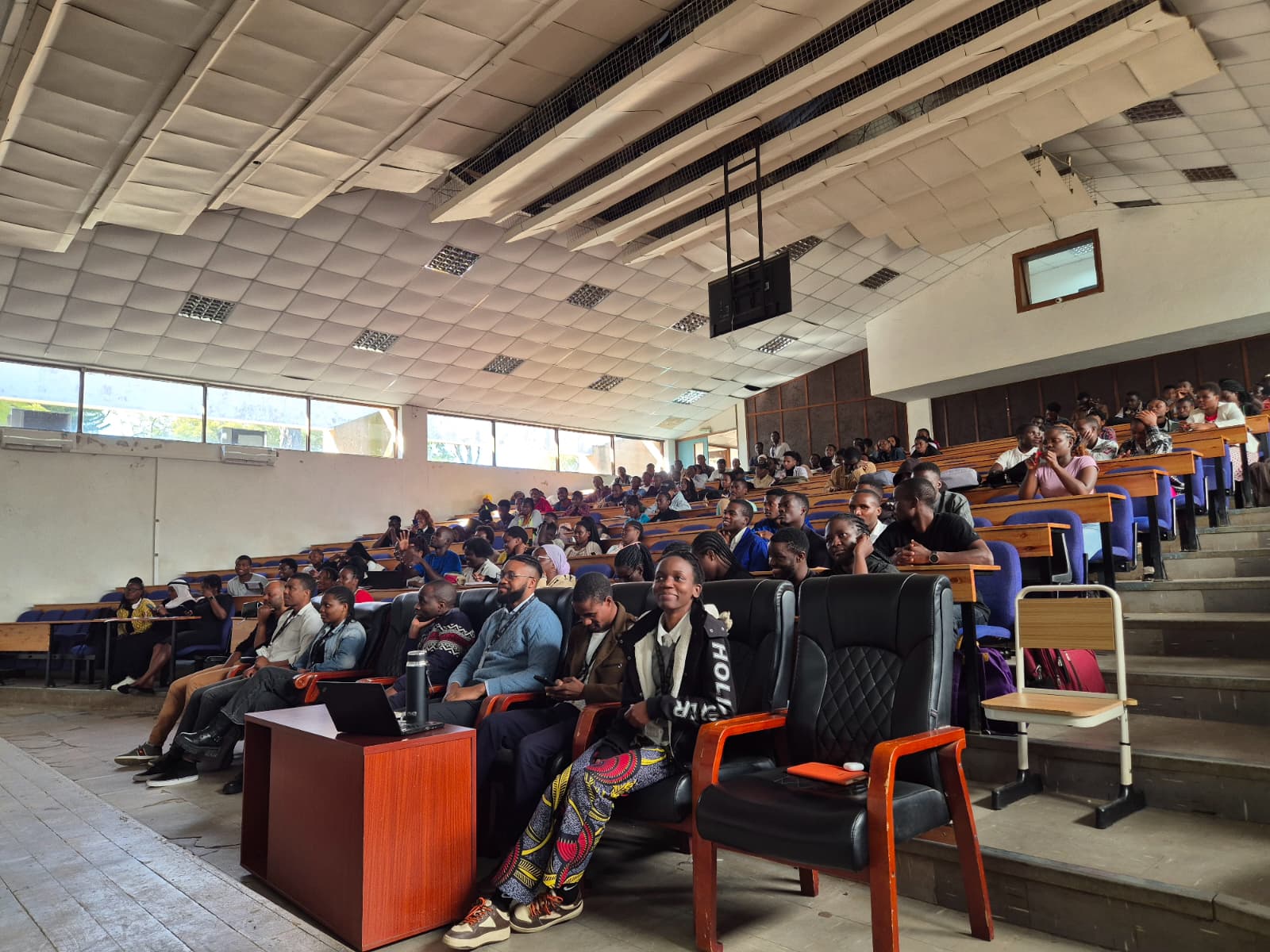On 17 July 2025, the Policy Unit, in collaboration with the Hydrovec Project, convened a high-level stakeholder consultative meeting at the Bingu International Convention Centre (BICC) in Lilongwe. The objective was twofold: to formally introduce the Hydrovec project and to gather critical input on three core tools central to its implementation—ScanForm, the Risk Forecasting Model, and the Dashboard.
In his opening remarks, Dr. Donnie Mategula, Principal Investigator for Hydrovec, expressed strong confidence in the project’s trajectory, citing the solid support already received from a broad network of stakeholders. “I sincerely thank you all for your commitment to our shared mission of eliminating malaria in Malawi and the region,” he stated, reinforcing the project’s collaborative spirit.
Stakeholders expressed strong endorsement of the Hydrovec initiative and underscored the need for long-term strategies to sustain its gains. With recent disruptions such as the suspension of U.S. funding, participants emphasized the importance of building resilient, locally driven systems to ensure continuity of this critical work beyond the project’s lifespan.
The consultation brought together representatives from a wide array of institutions, reflecting the multisectoral approach required to combat malaria and enhance health systems. Participating organizations included: Ministry of Health (NMCP, PHIM, DHSS, HMIS, and Chikwawa DHO), Central Medical Stores Trust (CMED), Red Cross Malawi, World Health Organization (WHO), United Nations Development Programme (UNDP), AMREF Health Africa, Department of Climate Change and Meteorological Services, Smith Cooper, QED Group, and Kamuzu University of Health Sciences (KuHes).
The diverse insights from the stakeholders at the meeting enriched the dialogue and reaffirmed the value of early and strategic stakeholder engagement as a key pillar for effective policy development and implementation. The meeting concluded with the following as next steps: refining and integrating the tools into the existing national systems, using stakeholder feedback to inform the final design and integration, developing a sustainability plan to be co-developed with partners to ensure long-term impact beyond the project’s lifespan, and strengthening engagement mechanisms by holding periodic stakeholder dialogues to promote shared learning, policy alignment, and mutual accountability.



